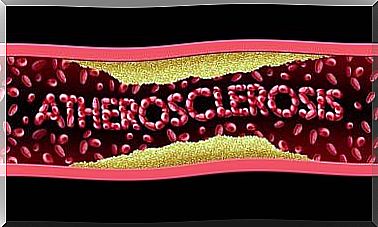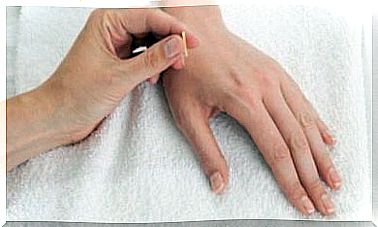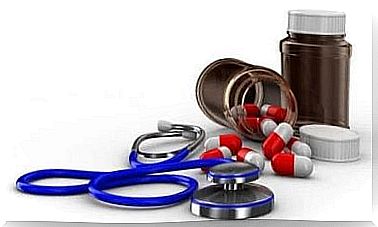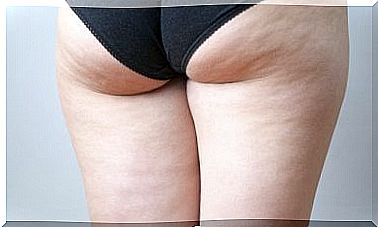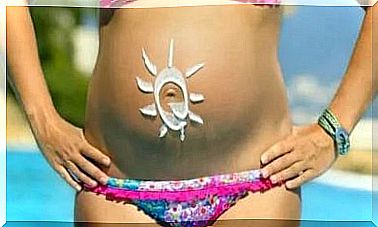How Can You Treat Heavy Legs?
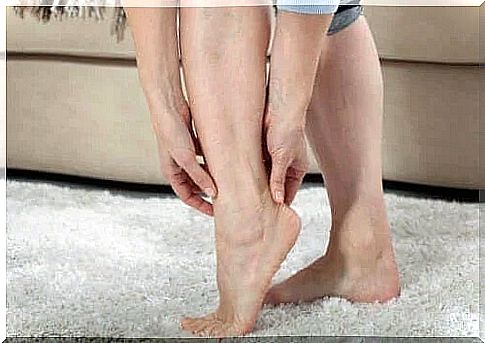
The demands of everyday life can greatly affect our health. It is normal to feel tired after many hours of standing. However, if the sensation is continuous, you may suffer from certain foot conditions, which are more common than you might imagine. In this article, we will discuss how you can treat heavy feet.
The function of the veins is to collect blood from the whole body and bring it back to the heart. As for the venous system of the legs, for the blood to rise (in the opposite direction of gravity), it has small valves that prevent it from retracting, in addition to a muscular layer that helps to pump.
If there is a weak venous return, either because the pumping fails or because the blood stagnates, the first symptoms appear which may include heaviness, fatigue and swelling of the legs. This happens when fluid leaks from the veins into the tissues.
If this expands due to excessive pressure on the venous walls, they lose the ability to keep blood inside them. This is when varicose veins and common vascular disease, known as chronic venous insufficiency (CVI), occur.
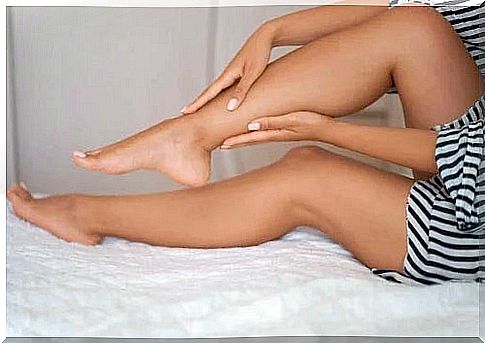
Symptoms of heavy legs
What factors influence the appearance of heavy legs?

How can you treat heavy legs at home?
Now that we’ve learned what this condition is, we’ll discuss how you can treat heavy feet.
- Keep your legs up. Raise your legs for at least 30 minutes, two to three times a day. Lie on the bed or sofa and raise your legs above hip level. Support them by a wall or backrest and do not cross them.
- Exercise every day for at least 30-60 minutes. Avoid lifting weights with your feet. Experts recommend aerobic activities such as swimming, cycling, pilates or yoga.
- Avoid being overweight. Adopt a low-calorie diet.
- Avoid heat sources and excessive sun exposure. Cold water baths can be beneficial.
- Sleep with your legs raised about 4 to 8 centimeters.
- Do not wear tight clothing or uncomfortable shoes. It is best to use clothing made of natural fibers that allow the skin to breathe. Although some heels can be beneficial for footwear, you should avoid high heels.
- Avoid constipation. Try to have a daily stool pattern, establishing new habits.
- Massage yourself from the feet up. This helps circulation and decreases the accumulation of fluid in the ankles.
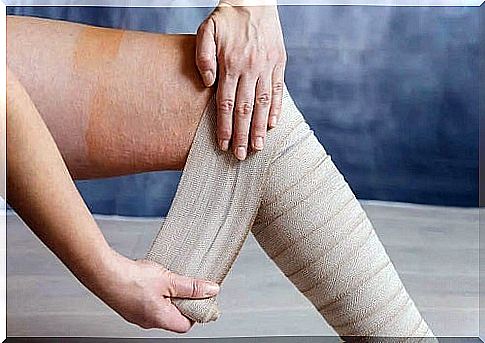
How do you treat heavy legs?
- Compression therapy. This consists of applying pressure to the feet by using elastic compression bandages or socks. You need to choose the right compression, size and pattern. These are different for each person. Therefore, it is important to consult a doctor.
- Hydrotherapy. Take alternative showers with cold water and hot water. This helps to stimulate the venous circulation.
- Phytotherapy. Certain herbs help to improve blood circulation. Don’t forget to use only the plants recommended by a specialist or pharmacist. Some examples are ginkgo biloba, forest thorn and witch hazel, among others.
- Drugs. Treatment consists of the administration of venotonic drugs, always under medical supervision. They improve venous return.
- Vascular surgery. This is only done in extreme cases.

